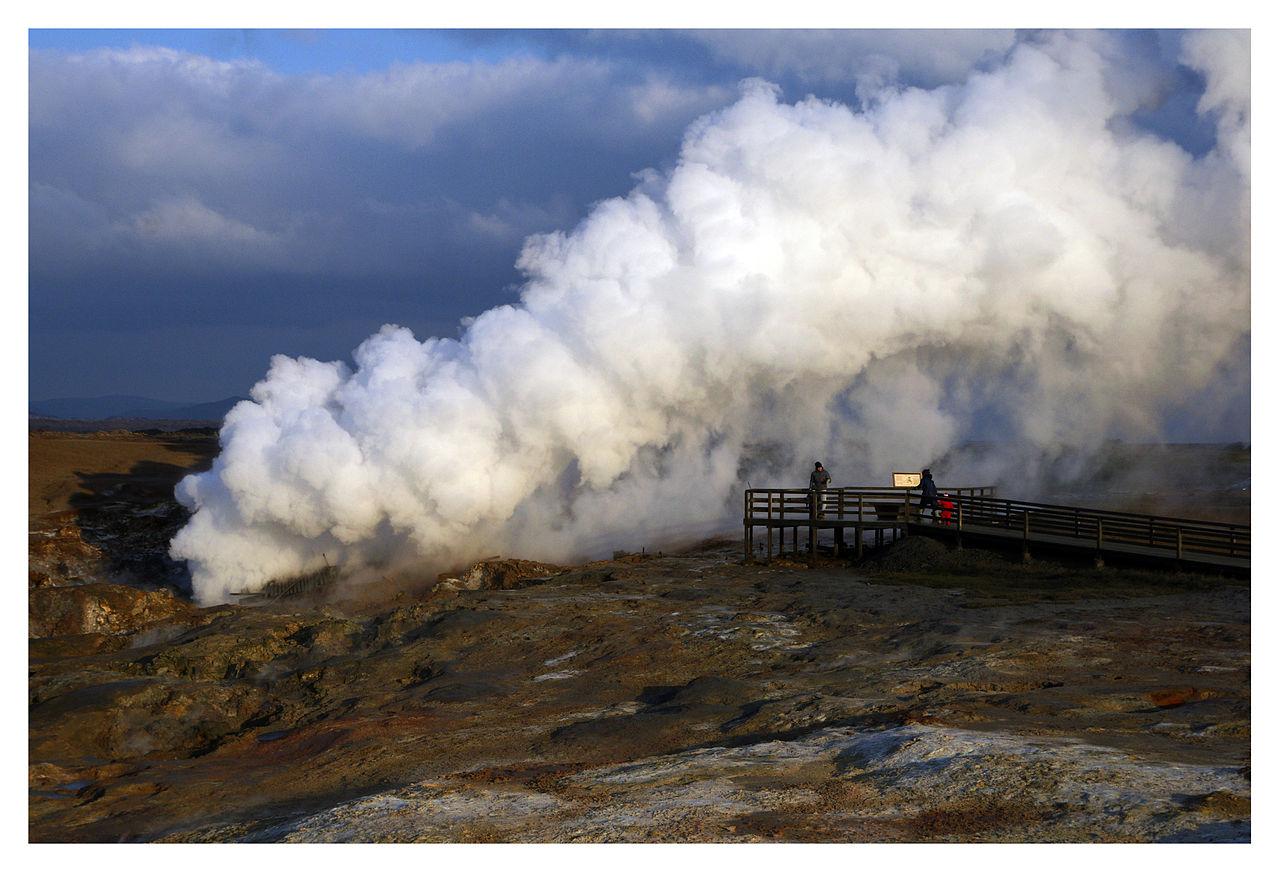Iceland drills three miles into volcanoes to produce clean energy
Record-breaking project could produce 10 times more energy than gas or oil extraction

Your support helps us to tell the story
From reproductive rights to climate change to Big Tech, The Independent is on the ground when the story is developing. Whether it's investigating the financials of Elon Musk's pro-Trump PAC or producing our latest documentary, 'The A Word', which shines a light on the American women fighting for reproductive rights, we know how important it is to parse out the facts from the messaging.
At such a critical moment in US history, we need reporters on the ground. Your donation allows us to keep sending journalists to speak to both sides of the story.
The Independent is trusted by Americans across the entire political spectrum. And unlike many other quality news outlets, we choose not to lock Americans out of our reporting and analysis with paywalls. We believe quality journalism should be available to everyone, paid for by those who can afford it.
Your support makes all the difference.Iceland is harnessing volcanic heat to produce clean energy in a pioneering new geothermal technology project.
Energy company HS Orka has drilled down three miles into the earth near the country’s famous Blue Lagoon spa in the Reykjanes region.
If successful, the experimental project could produce up to 10 times more energy than a conventional gas or oil well, by generating electricity from the heat stored in volcanic areas.
Iceland has been a pioneer of geothermal energy, and 85 per cent of energy supply in the country is derived from renewable sources.
The small island nation is also the only country in the world with 100 per cent renewable electricity.
However, the new "supercritical" drilling technique is far more efficient than conventional geothermal wells.
Albert Albertsson, an engineer on the project, named ‘Thor’ after the Viking god, told Phys.org, “to supply electricity and hot water to a city like Reykjavik with 212,000 inhabitants, we would need 30-35 conventional high temperature wells, compared to only three or five supercritical wells.”
Although geothermal energy is generally considered to be a sustainable source, it is not entirely renewable.
There are also carbon dioxide emissions and sulphur pollution involved in the extraction process, although these are negligible compared to the environmental toll of fossil fuel extraction.
Iceland is also hoping to expand its geothermal capacity to power stations on the seabed.
If this project is successful, the country’s energy countries are exploring the possibility of selling renewable energy to the UK and other European countries through an undersea cable.
Join our commenting forum
Join thought-provoking conversations, follow other Independent readers and see their replies
Comments